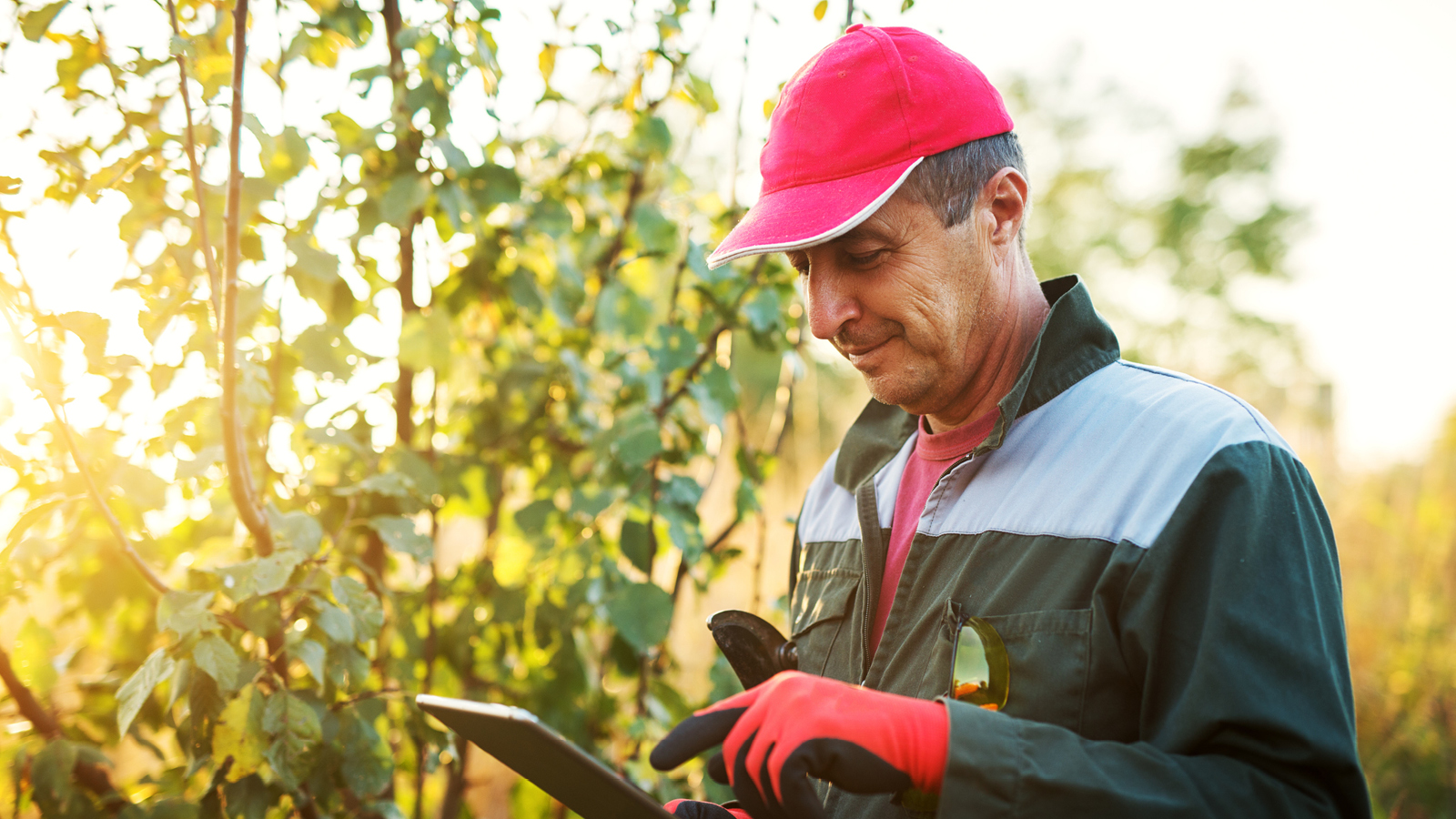
The warmer months may be great for working outdoors, but the New Zealand sunshine can really take its toll on your team. Here are a few tips to keep everyone safe and healthy.
When it comes to summer, working outside can be a breath of fresh air for everyone.
As well as a top up for Vitamin D levels, embracing the outdoors can help to improve our mood, increase our energy levels, enhance our memory and relieve stress – plus of course it offers a welcome break from simply staring at a computer screen.
That said, the outdoor working life does come with a caveat – heat and humidity.
The dangers of heat
Whether you and your team are working outdoors on a regular basis or just venturing out to enjoy the sunshine, being exposed to warmer temperatures for prolonged periods can be a serious matter.
Significant risks include heat rash, cramps, heat exhaustion and, in extreme cases, heat stroke which can be life-threatening. And that’s not to mention the added New Zealand sun factor.
As a nation we have the highest rate of skin cancer anywhere in the world. Every year, an estimated 90,000 cases are reported, with around 500 deaths1 – that’s higher numbers than die on our roads. With this in mind, it’s always best to take precautions to prevent anyone in your workplace from falling ill.
Things to watch out for
Quite apart from the dangers of over-exposure to the sun’s UV rays, there are plenty of other warning signs to look out for.
When working in hot weather, your body will shed excess heat to try and maintain a stable internal temperature, usually through sweat. However, in high humidity sweating may not always be so effective, meaning heat loss is hampered, which in turn causes your heartbeat to rise. Too much, and you can find yourself in serious trouble.
Over-exertion can also be an issue, especially with manual labour. No matter how tempting it is to grab the opportunity and crack on with getting jobs done while the sun is shining, tiredness and fatigue can easily kick in after a while, with prolonged heat exposure making you feel faint or nauseous. Again, better to take it easier.
Our hot tips
No matter how attractive sunny days may seem, it’s vitally important to ensure you and your team are fully protected against the heat and humidity of the great Kiwi summer. In light of this, here are our top tips for helping you stay safe:
1) Drink plenty of water
When you’re working outside in the heat, make water your number one priority – even if you don’t feel particularly thirsty. Without it, your body won’t be able to keep you cool, you’ll become dehydrated, and risk heat exhaustion or worse. Most medical references suggest adults drink between 2-4 litres of water per day, and possibly more on hot days.
2) Wear sunscreen and sunglasses
With the heightened risk of skin cancer in New Zealand, it is imperative that everyone spending time outdoors should wear a higher level sunscreen – preferably SPF 50, but SPF 30 at the very least. Remember to reapply regularly throughout the day. And don’t forget your sunnies either. As well as damaging the skin around your eyes, long-term exposure to the sun can lead to cataracts and other more serious vision issues.
3) Take breaks often
Taking breaks is vitally important in hot weather. It’s a chance for everyone to grab some shade, top up on water levels, and generally cool down to avoid overheating. How often you schedule breaks is up to you, but the general recommendation is every 15-30 minutes – especially between 10am and 4pm when the sun’s rays are at their strongest.
4) Choose the right clothing
It’s a quandary in hot weather: wear fewer clothes and leave yourself exposed to the sunlight, or cover up to protect yourself and risk feeling hotter? The answer of course is to compromise – wear lightweight, breathable fabrics for the best of both worlds. And always, always remember to wear a hat.
5) Know the danger signs
The symptoms of overheating may include: weakness or dizziness, darker-coloured urine, pounding or rapid pulse, loss of balance, fainting, headaches, cramps, mood changes, confusion, and clammy skin. So keep an eye out!
6) Train your people
Even if your team don’t habitually work outside, it’s best that at least some of them receive health and safety training for higher temperatures. Whether it be your managers, team leaders or specially appointed staff members, make sure someone knows how to identify the signs of heat stroke and exhaustion, and how to combat them.
Remember, if heat exhaustion is not dealt with promptly, it can quickly progress to heat stroke and be life-threatening. Stay safe out there in the sun, New Zealand.
Reference:
1 https://www.sunsmart.org.nz/
Other reference:
https://www.indeed.com/career-advice/career-development/benefits-of-working-outdoors
https://www.medexpress.com/blog/workplace-wellness/5-tips-for-outdoor-workers.html
